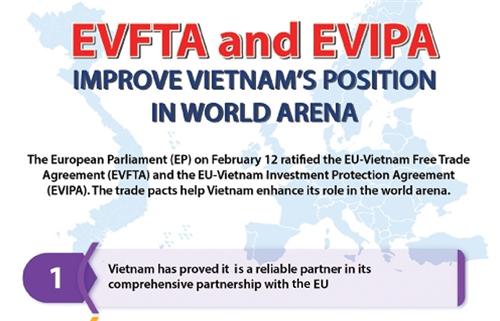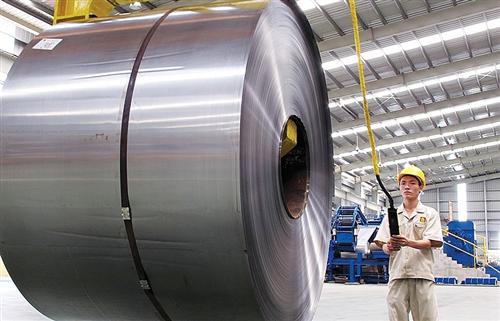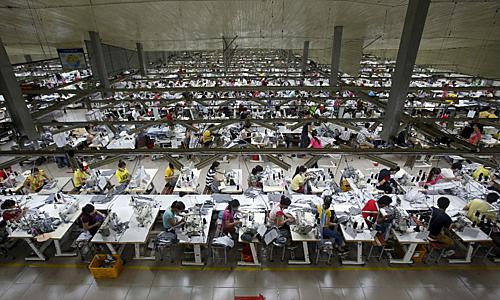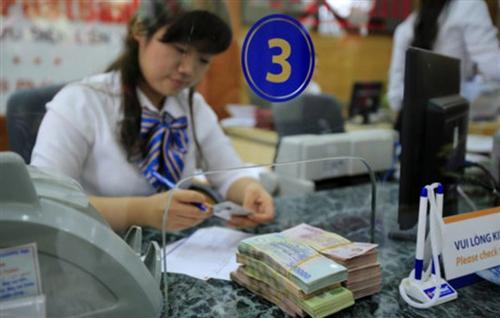Netherlands ready to capitalise on new ties of trade
Netherlands ready to capitalise on new ties of trade
The EU-Vietnam Free Trade Agreement and the Investment Protection Agreement are expected to create big opportunities for Vietnamese and EU businesses. Iwan Rutjens, Economic and Commercial Counselor at the Embassy of the Netherlands in Hanoi, writes about the significance of the deals and how they can help boost Netherlands-Vietnam trade ties.

Iwan Rutjens, Economic and Commercial Counselor at the Embassy of the Netherlands in Hanoi
|
Since my arrival in Vietnam in summer 2019 as the trade and commercial counselor of the Embassy of the Kingdom of the Netherlands, I have very much enjoyed working in the context of a rapidly evolving and growing Vietnamese economy.
The Netherlands is the largest EU investor and the second-largest EU trading partner in Vietnam. Many icons of Dutch corporate life such as Unilever, Heineken, Damen Shipyards, Philips, Royal Haskoning, and Friesland Campina have been doing business here for many years. Increasingly, both large and small Dutch companies that focus on offering innovative solutions in Vietnam and that are fostering a circular economy and sustainable trade are entering the market.
With the ratification by the European Parliament of the EU-Vietnam Free Trade Agreement (EVFTA) and the Investment Protection Agreement (IPA) it all comes together. These are modern and ambitious agreements, which will foster trade, and will serve as a powerful vehicle for advancing human rights and improving environmental and labour standards. Hence, they will lead to sustainable trade benefiting all. The Netherlands, therefore, looks forward to increasing its partnership with Vietnam in areas like agriculture, water, climate, logistics, smart cities, the circular economy, and renewable energy.
Many positive developments are taking place in Vietnam. Sustainability is more prominent on the agenda which has led to an interest in circular economy applications and an increasing need for renewable energy development. In this context, the Netherlands and other European partners are supporting the efforts of Vietnam to develop offshore wind energy.
Key characteristics of both Vietnam and the EU are that both are signatories in many FTAs. This makes Vietnam an ideal linking pin for the EU, either as a direct consumer market, a business-to-business market, or an investment destination to serve third markets.
This includes easier access to countries that have an FTA with Vietnam and the EU like South Korea, Japan, Singapore, Canada, and so on. Another boon for EU companies is eligibility for government procurement that will lead to better services, and an incentive to have partnerships between Vietnamese and European companies.
The ratification of both agreements is also the start of yet another important process. The IPA needs to be ratified by national EU parliaments and the EVFTA still needs to be ratified by the National Assembly in Vietnam, after which both agreements need to be implemented.
In these processes, the level playing field as well as environmental and societal issues will have to be addressed. This will affect the speed, size, and impact of Dutch and EU trade and investment opportunities. Where the EVFTA is removing most, if not all, tariffs on trade, we do see existing and new non-tariff barriers to trade. This is visible for car (and car part) imports, regulation on the pharma industry, and distribution and market access for agriculture, livestock, and fishery products. Economic partnership between the EU and Vietnam requires a level playing field for domestic and foreign companies.
Concerns in another field relate to sustainable trade and development; walking the talk of responsible business conduct. As part of our values and getting the most out of economic development, we place a high degree of emphasis on the liberties of and safeguards for our citizens. High productivity is possible when you invest in higher-level education and create a decent working environment with safeguards. In order to reap all the benefits of the FTA and IPA, it is therefore imperative for all parties to fully implement all core International Labour Organization conventions and the agreements made in the Trade and Sustainability Chapter of the FTA, as well as to protect privacy and liberties in the cyber-domain.
The Netherlands looks forward to utilising all opportunities to continue to deepen its trading relationship with Vietnam as a key EU trade and investment partner. The country continuously proves to be an interesting market for Dutch companies, as reflected by the large trade delegation of Dutch Prime Minister Rutte to Vietnam in April last year. This was not only the largest business delegation to date, but an extensive government representation joined PM Rutte to strengthen the bilateral relationships on many topics. To grasp the full potential of being an economic and comprehensive partner to Vietnam, the Netherlands is committed to co-creating a win-win scenario for Vietnam and the EU. This assignment is at the core of our work at the embassy here in Hanoi.






















